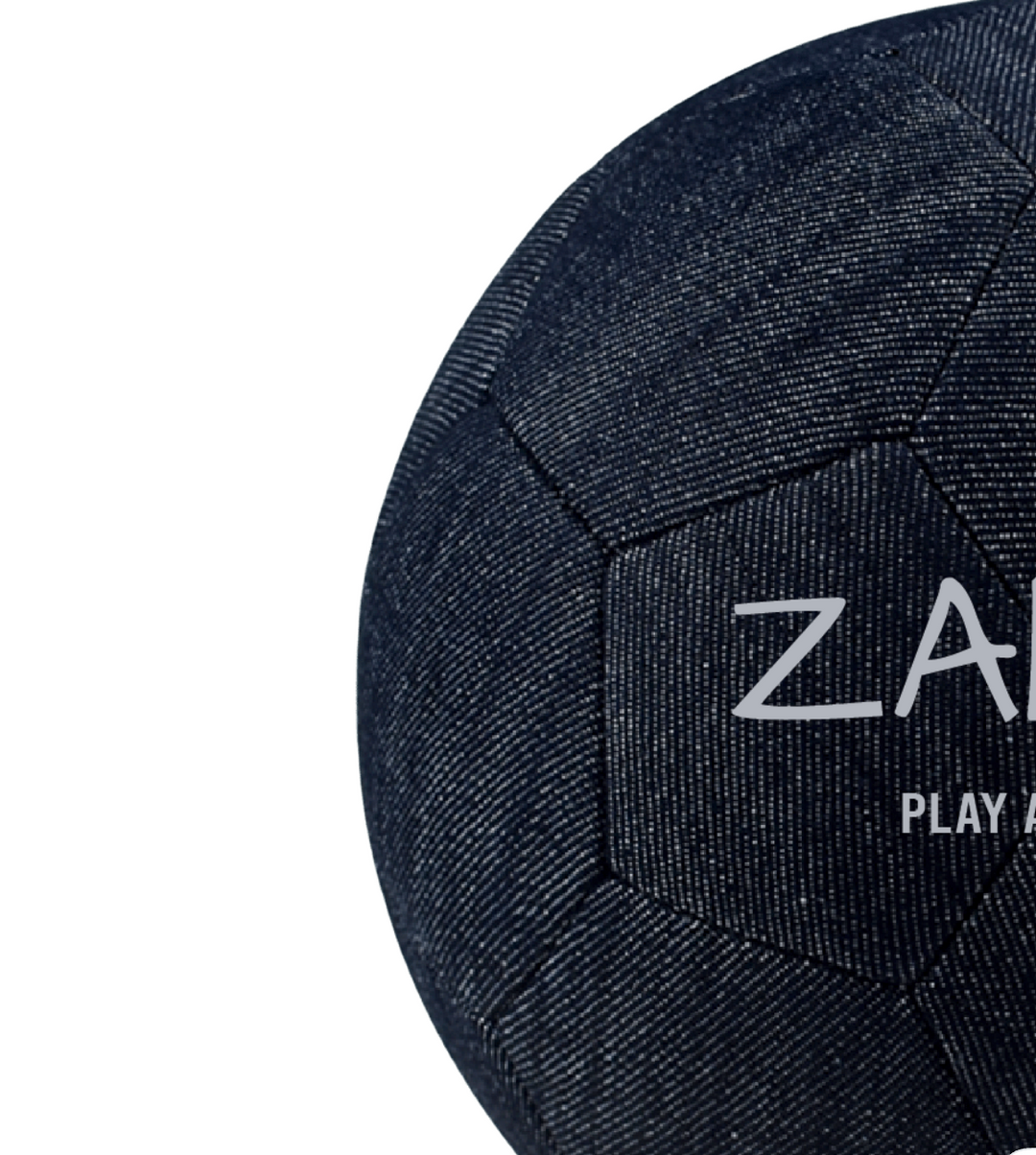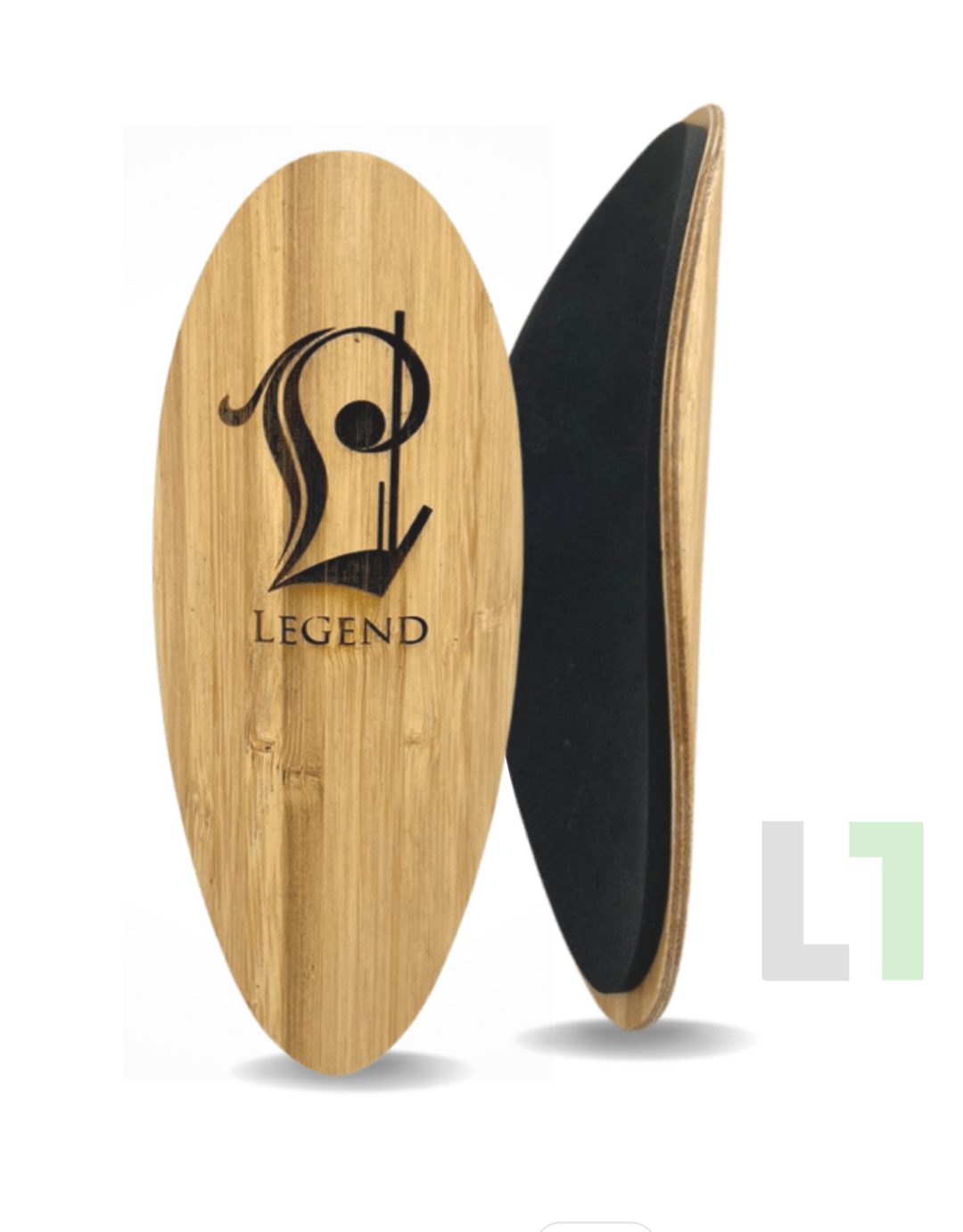Legend Bamboo Shin Guards Now Use Carbon-Negative SweetFoam

Legend Soccer is built around the idea of sustainability, but the company recognized that one factor in their bamboo shin guard was lacking: the foam. This is why the L1, their flagship bamboo shin guard, recently underwent another design innovation. The eco-friendly sports equipment company recently replaced their existing plastic-based foam with SweetFoam, the world’s first carbon-negative EVA polymer.
What Is SweetFoam?
SweetFoam is the brainchild of retail startup Allbirds. It’s an ecologically friendly alternative to EVA polyurethane foam.
SweetFoam is not only made from Brazilian sugarcane, making it a plant-based product, but it’s created with parts of the sugarcane that are typically discarded. This reduces overall waste, carbon emissions, and greenhouse gas production.
Allbirds started incorporated this material into a new line of flip-flops in 2018, but they eventually intend to utilize the technology in all their footwear. This includes their wildly popular wool sneakers.

Allbirds, which is based out of San Francisco, has also taken this commitment to sustainability one step further. They made the technical specifications of the proprietary technology openly available. As Allbirds co-founder Joey Zwillinger said, it’s open to “anyone who wants it, without question.”
All this contributed to the SweetFoam material being named to the Time Best Inventions 2018 list.
Legend Soccer’s bamboo shin guards join this revolution by replacing their plastic-based shin guard foam with the carbon-negative SweetFoam.

5 Benefits of SweetFoam Shin Guard Padding
- Avoids Irrigation Water
SweetFoam is made from sugarcane grown in southern Brazil. These fields are dense and soaked with natural rain. This avoids the need for irrigation.
Discover more about the negative environmental impact of irrigation here.
- Minimizes Fertilizers
The growing process of sugarcane requires minimal fertilizers.
Why does that matter? Chemical fertilizers have been integral in upping crop production, but they have also dramatically increased the reactive nitrogen levels within the environment. (By some estimates, chemical fertilizers have accounted for a 600 percent increase.) These elevated numbers lead to numerous environmental complications, including nutrient pollution that contributes to toxic algae blooms.
- Makes Use of Carbon-Negative Processing Facilities
In the manufacturing process, the facilities making SweetFoam are all run exclusively using renewable power. When all factors are taken into account, SweetFoam is the world’s first carbon-negative EVA polymer.
- Provides All the Safety Benefits You Need During a Soccer Match
Adding SweetFoam padding to Legend’s bamboo shin guards ups the sustainability factor—without compromising in any other arena.
- SweetFoam provides the proper density for impact protection. Soccer players are just as safe using SweetFoam as any other type of foam padding.
- SweetFoam is also antimicrobial, which reduces odor and can minimize rash or irritation.
- Closed-cell. As a closed-cell foam, SweetFoam still provides the reduced weight, enhanced strength, and resistance to moisture absorption.
- Reduces Waste in a Carbon-Heavy Industry
On the whole, the fashion industry is a big contributor to environmental waste and negative ecological impacts. Within the footwear industry specifically, several shoe parts—think soles, shoelace tips, and even logos—all currently rely on petroleum-based products. SweetFoam is a viable alternative to that business model.


Because Allbirds is committed to making this technology widely available to any business that wants it, this product, ultimately, has the capacity to greatly reduce the carbon footprint of an industry that’s one of the biggest environmental offenders.
The Progression of Legend Soccer’s Foam Padding
When the Legend bamboo shin guard first debuted, the focus of the company was on the protective bamboo shell: its structure, production process, shape, and durability. In these early stages, safety and in-game experience for the players were paramount.
The original foam was:
- The proper density for impact protection.
- Anti-Microbial
- An EVA polyurethane foam. More specifically, it was a copolymer of vinyl acetate and ethylene. This highly fine closed-cell foam was technically a type of plastic.
Legend Soccer is not only built on sustainability but a commitment to innovation as well. This move away from plastics to a plant-based foam solution brings the company even closer to its mission.
To learn more or to ask any questions, feel free to reach out today.




